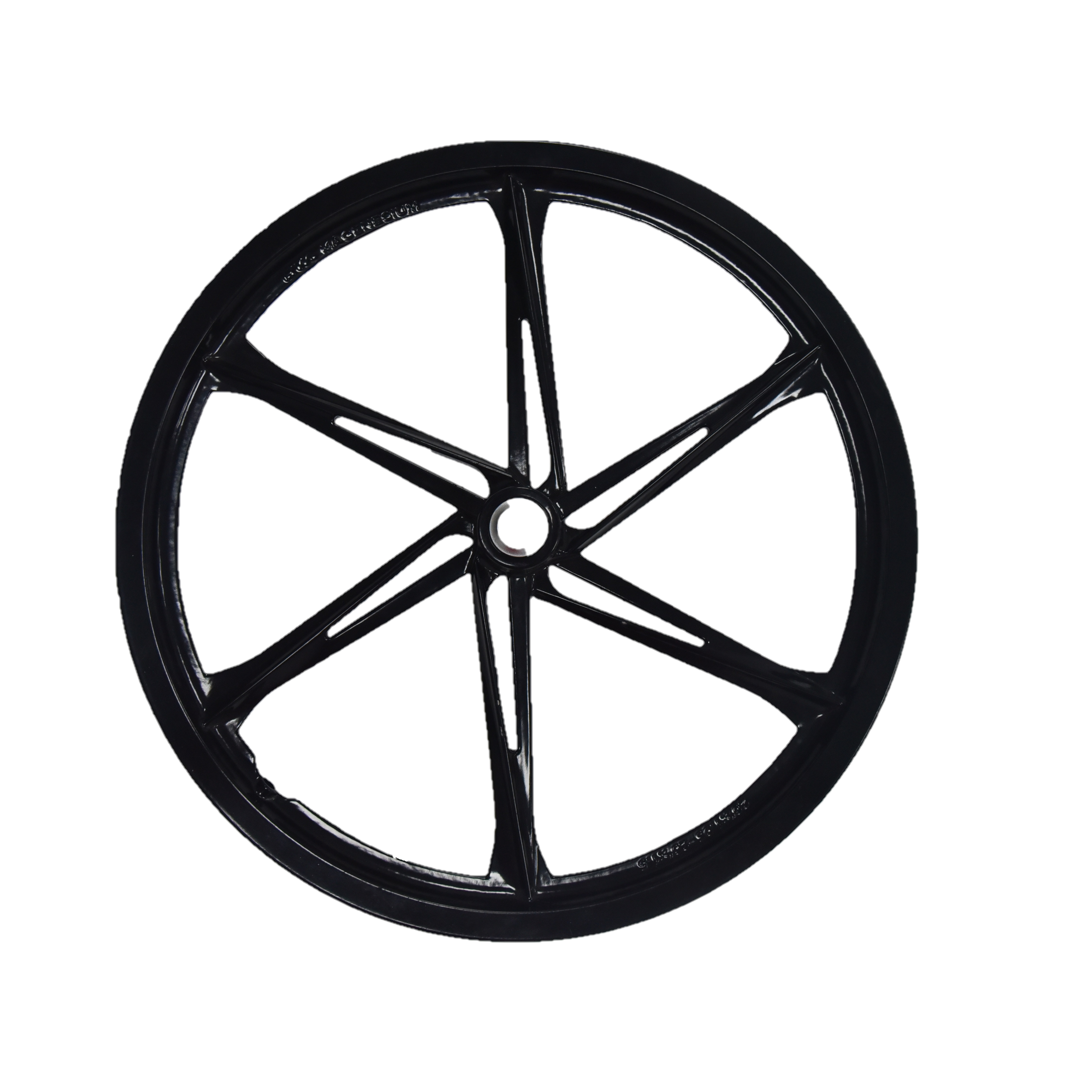Magnesium die casting has emerged as a game-changer in the world of engineering. With its exceptional properties and numerous advantages, it offers a lightweight and high-quality solution for various applications. In this article, we will explore the significance of magnesium die casting and its impact on modern engineering.
Magnesium, known for its low density and excellent stiffness-to-weight ratio, has gained immense popularity as a material of choice in various industries. Its lightweight nature makes it an ideal candidate for applications where weight reduction is critical, such as automotive and aerospace industries. Magnesium die casting, a manufacturing process that involves injecting molten magnesium into a die to form complex shapes, has revolutionized the way lightweight components are produced.
One of the primary reasons why magnesium die casting is highly regarded is its ability to produce intricate and complex geometries with excellent dimensional accuracy. The high fluidity of molten magnesium allows for the replication of even the most intricate details of the die, resulting in high-quality finished products. This makes magnesium die casting a preferred choice for applications that require complex designs, such as engine components, transmission cases, and structural parts.
Another advantage of magnesium die casting is its exceptional strength-to-weight ratio. Magnesium-based alloys offer a remarkable combination of high strength and low weight, making them ideal for applications that require both structural integrity and weight reduction. This property has made magnesium die casting a popular choice in the automotive industry, where lightweight materials are crucial for improving fuel efficiency and reducing emissions.
In addition to its lightweight and high-strength properties, magnesium die casting also offers excellent thermal conductivity. Magnesium-based alloys efficiently dissipate heat, making them suitable for applications that require effective thermal management, such as powertrain components and electronic housings. This makes magnesium die casting an attractive option for industries where heat dissipation is critical to ensure optimal performance and reliability.
Magnesium die casting exhibits exceptional corrosion resistance. Magnesium-based alloys naturally form a protective oxide layer, which acts as a barrier against environmental factors, including moisture, chemicals, and saltwater. This corrosion resistance makes magnesium die casting suitable for various applications, including marine and outdoor equipment, where exposure to harsh environments is common.

Despite its numerous advantages, magnesium die casting does have a few challenges that need to be addressed. One such challenge is the susceptibility of magnesium to oxidation during the die casting process. To overcome this issue, proper controls and protective measures need to be implemented to ensure the production of high-quality components. Additionally, the cost of magnesium alloys is higher compared to traditional materials, which can be a limiting factor for some applications.
Magnesium die casting has become a key technology in lightweight and high-quality engineering. Its exceptional properties, including low density, high strength-to-weight ratio, excellent thermal conductivity, and corrosion resistance, make it an ideal choice for various industries. The ability to produce intricate and complex geometries with outstanding dimensional accuracy further enhances its appeal. Despite some challenges, magnesium die casting continues to gain prominence in the engineering world, offering innovative solutions that propel industries towards a more sustainable and efficient future.
-

- volante de fundición a presión de alta precisión para automoción
-

- OEM die-casting components & parts
-

- Thixomolding parts & components cell phone middle board processed
-

- Rueda de fundición a presión de aleación de magnesio para ebike
-

- Fundición a presión de aleación de magnesio Piezas metálicas de tixomoldeo
-

- Casco de fundición a presión de aleación de magnesio Thixomolding

 0086-750-5616188
0086-750-5616188 +86 13392089688
+86 13392089688 sales@zhongmei-tech.com
sales@zhongmei-tech.com







